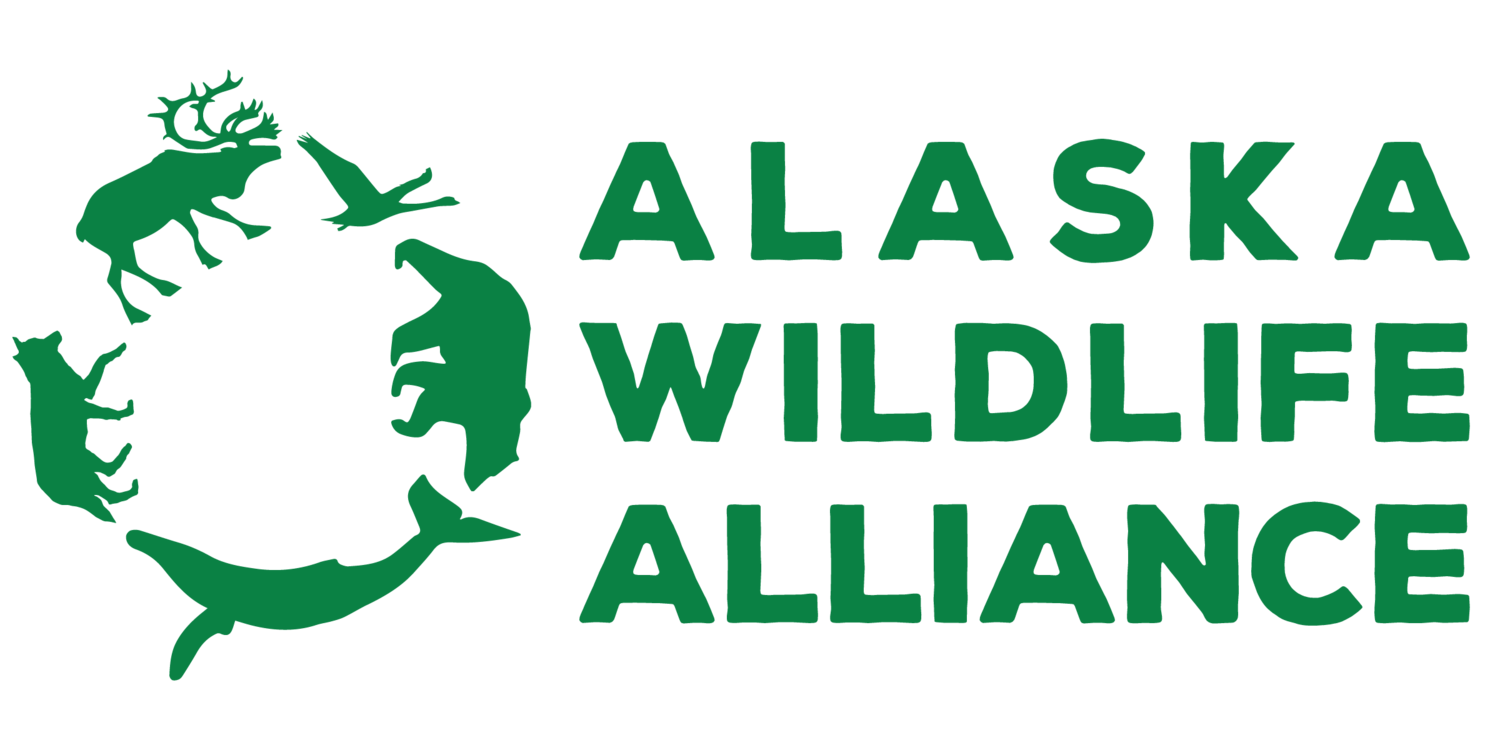Cook Inlet beluga whales are critically endangered. This distinct population living exclusively in Cook Inlet is one of NOAA Fisheries' Species in the Spotlight—an initiative that includes animals considered most at risk for extinction and prioritizes their recovery efforts.. An indicator species for the Cook Inlet, and once a valuable part of the Alaska Native subsistence diet, the Cook Inlet beluga population experienced a population decline during the 1980s and 1990s. Since 1979, the population has declined 75 percent—from about 1,300 whales to around 300 today. Following this rapid decline, the federal government designated the Cook Inlet beluga population as depleted under the Marine Mammal Protection Act (MMPA) in 2000 and endangered under the Endangered Species Act (ESA) in 2008. The population has yet to recover.
The Cook Inlet beluga whales face daily threats, including a host of human industrial and recreational activities in their environment, a reduction in food availability, contaminated waters from various authorized and unauthorized discharges, and disease. AWA has been working tirelessly to support the recovery of Cook Inlet belugas— securing them more food, funding research on the primary threats to their recovery, partnering with other organizations to monitor them, and ensuring they have clean water to live in.
However, now the Cook Inlet belugas are under another threat. Two extraction industries, Hilcorp and 8 Star, are looking to develop sites in Cook Inlet, including a gas pipeline and a massive export terminal. They have proposed rules to the National Oceanic and Atmospheric Administration (NOAA) and the National Marine Fisheries Service (NMFS) that would increase the amount of legal harassment belugas endure under industry over the next five years.
AWA is concerned about the increased harassment of beluga whales for these reasons and more:
The Cook Inlet beluga population is still critically low. Despite a slight population increase since the 2018 estimate of 279 whales, the small population size continues to make the Cook Inlet population incredibly vulnerable. The population is still only around 25% of the historical population estimates, and any stressors or threats could disproportionately affect individual whales.
We disagree when the agency says “small numbers” of marine mammals will be affected, and the increased harassment will have a "negligible impact”. NMFS is relying on arbitrary thresholds to justify “small take” or “negligible impact”. These arbitrary thresholds fail to account for the fact that Cook Inlet belugas are critically endangered. The logic that disturbances to an endangered population under a certain amount are acceptable doesn’t hold when the population is on the brink of extinction.
And belugas aren’t the only impacted species. The 8 Star rule would allow industrial “take” of more than 9,000 harbor seals—over a third of the regional population—in a single year. That’s not a small number by any reasonable measure, and it undermines the Marine Mammal Protection Act’s core protections.
The cumulative effects of the projects have yet to be thoroughly considered. NMFS hasn’t considered the full, cumulative effects of harassment and disturbance to Cook Inlet beluga whales. Noise from drilling, tug operations, seismic activities, and pile driving—especially in critical foraging and habitat zones—has well-documented effects on beluga behavior, communication, and health.
Allowing industry to incidentally harass these endangered whales poses an unnecessary threat to the belugas’ ability to recover, as it is just adding to the cumulative threats they must endure. NMFS’s review appears to downplay cumulative effects and fails to fully assess long-term impacts. A thorough cumulative analysis would consider all threats encountered by these whales throughout their entire range and beyond just a snapshot in time.
Experts recommend a precautionary approach. For years, experts have recommended changes to the system that authorizes killing and harassing Cook Inlet belugas, but there haven’t been any changes since the whales were listed as endangered in 2008. For example, the U.S. Marine Mammal Commission has repeatedly advised against authorizing additional human activities in Cook Inlet until there is clear evidence that these will not impede beluga recovery. The Marine Mammal Commission specifically urges that authorizations not be granted without a better scientific understanding of cumulative risks.
Governor Dunleavy updated President Donald Trump on the status of the 8 Star pipeline and expects forward movement on the project by late this year.
How You Can Help
Public comment periods are open now for both Hilcorp’s and 8 Star’s proposed rules to allow harassment and killing of Cook Inlet belugas. Comments for Hilcorp are due August 25; comments for 8 Star are due August 28.
Use the buttons below to submit your comments. For a successful comment, make sure you include:
Your name
A sentence or two about your interest in Cook Inlet belugas
Your specific concerns (feel free to use the ones above as a template!)
Thank you so much for supporting these endangered mammals!



